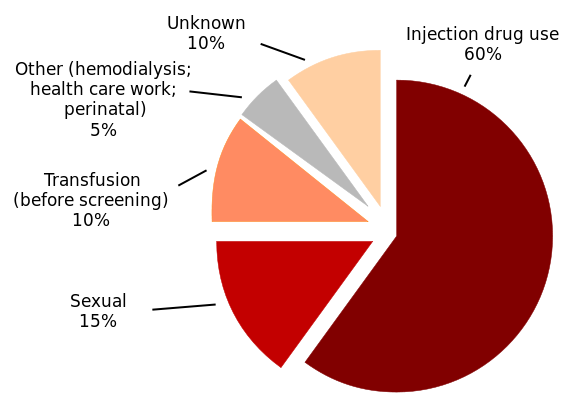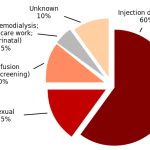An outbreak of hepatitis A in Hawaii has been tentatively linked to scallops sourced from the Philippines.

According to the Daily Mail, the Hawaii Department of Health has said the U.S. Food and Drug Administration (FDA) laboratory test results confirm the presence of the hepatitis A virus in frozen Sea Port Bay Scallops. De Oro Resources, Inc. in the Philippines was the producer, and the scallops were imported by a Washington state company, the Sea Port Products Corp.
Some 206 cases of hepatitis A have been confirmed. Symptoms of the disease include nausea, loss of appetite and fever.
Fallout from the Outbreak
The laboratory findings helped to validate the investigation of the Hawaii Department of Health. The department is working to ensure that no affected product remains in the state and to watch for any signs of additional infected individuals.
The outbreak of hepatitis A has resulted in an embargo throughout the state on this product, hence it cannot be sold and consumers are warned not to consume it.
The outbreak was determined to have probably been caused by the serving of raw scallops at 11 Genki Sushi restaurants on the islands of Kauai and Oahu. These restaurants were ordered to close and are required to dispose of a number of food-service supplies and disinfect their facilities before reopening.
What is Hepatitis A?
“Hepatitis” refers to the inflammation of the liver. There are three types of hepatitis, each caused by a different virus. Hepatitis A does not become chronic, and those suffering from it normally improve without requiring treatment. It usually spreads by ingestion of fecal matter, and its duration ranges from weeks to months.
About the FDA
The FDA has a broad mission. The agency regulates foods, including dietary supplements, prescription and non-prescription drugs, vaccines, medical devices, radiation-emitting electronic products, cosmetics, veterinary products and tobacco products.
The agency oversees the FDA 510k clearance process for medical devices. Companies such as the Third Party Review Group (TPRG) work on behalf of device manufacturers to streamline FDA approval through this program.
The FDA institutes food recalls and issues advisories and safety alerts. It investigates outbreaks and helps keep foods safe during emergencies. The agency is active in preventing illnesses caused by infected foods, as well as through chemicals, pathogens, pesticides, metals and natural toxins.


